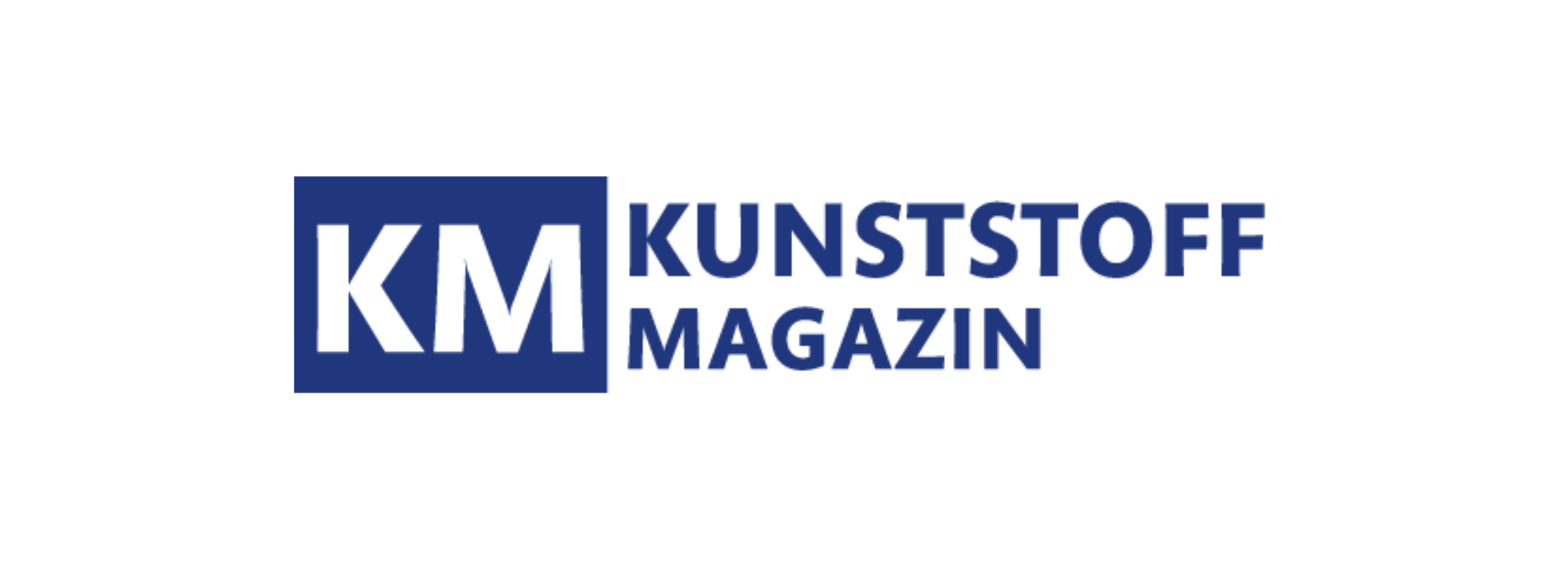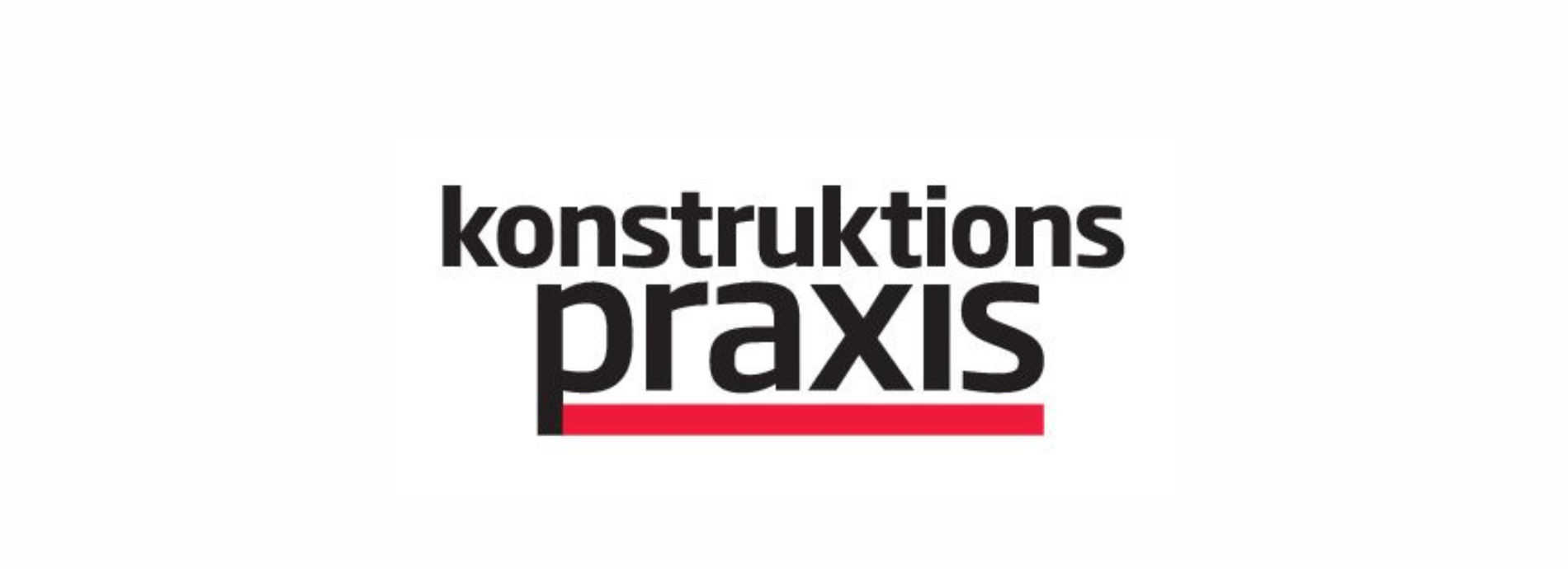Finally think ahead again!
Overath, October 22, 2021 BARLOG Plastics used Fakuma, which finally took place again as a presence event in Friedrichshafen in mid-October, to take off on several levels: Towards even better networking with customers and into a more sustainable future, among other things with high-quality compounds made from recycled plastics such as the members of the KEBALLOY ECO family. On the design side, too, users interested in sustainability are facing new requirements. BARLOG Plastics is at their side in its proven way: from the idea
from the idea to series production.
BARLOG Plastics GmbH, Overath near Cologne, reports an exceptionally good experience at Fakuma, which ended last weekend. “This was exactly the right message after the past few months, which we, like many other companies, found rather challenging,” says Robert Konnerth, Key Account Manager at BARLOG Plastics. “Already on the first day, I had more customer contacts than expected. We were completely booked. And you could feel that our customers were also downright excited about the opportunity to finally maintain and expand their networks again!” The company also hit the nerve of the times with its products: the Overather company had traveled to Lake Constance with sustainable, recycled plastics such as the members of the KEBALLOY ECO R PET family, as well as intelligent offers and problem solutions for “Design for Recycling”. They hit the mark with many plastics users in times of climate change and the increasing importance of closed material cycles.
Recycling is in demand everywhere
“In fact, recycled plastics and recycling as a whole are playing an increasingly important role in virtually all segments of the plastics market – in cars, in the home, in the electrical sector,” explains Robert Konnerth. Many people had traveled to Friedrichshafen with the aim of gaining an initial overview of this topic here. After all, there are a number of things to consider when using recycled plastics. Challenges lie in the often unknown composition of the recyclate and the difficult-to-understand mechanical fate of the material during its first product life. BARLOG Plastics therefore has a real wild card in this respect with its recycled PET materials of the KEBALLOY ECO family.
This material is used in very large quantities for the production of plastic beverage bottles and is therefore available as a pure post-consumer recyclate; after removal of all volatile components and subsequent solid-state polymerization, the result is low-emission and thus also automotive-grade R PET grades that are manufactured within tight specifications and are characterized by consistently high material properties. Some even meet the stringent applications for use in contact with foodstuffs, making these materials ideal for the manufacture of household appliances such as coffee machines. Even data sets for injection molding simulation are available. “This means we have an excellent material in our hands that can definitely replace other plastics such as ABS,” says Konnerth.
Yet R PET is not the only material in BARLOG Plastics’ range of recycled plastics. Here you will also find sustainable compounds made from recycled PEEK, PA12, PPS, PC, PC/ABS and ABS, also reinforced with glass or carbon fiber as required, all based on more than three years of experience in the handling and qualification of recycled materials. These products, too, need not fear comparison with virgin materials,
but come to the user with a significantly better eco-balance.
More than just “clipping instead of gluing
But as this long experience also shows: Simply providing suitable materials is not enough. “It is also extremely important that subsequent recycling is considered from the very beginning of product development,” says Konnerth. Here, too, BARLOG Plastics has developed some expertise that the company is happy to share with its customers. Under the heading of “Design for Recycling,” BARLOG engineers work with customers to consider how to design a product so that it can be easily recycled later on without the customer having to accept any loss of properties. “There’s more behind this than just ‘clipping instead of gluing,’ but also the simulation of material properties of the available materials and the selection of an optimal assembly and disassembly concept that also includes other aspects such as better ease of repair.” Enormously important for later success, he says, is therefore that BARLOG Plastics and the customer dovetail as closely as possible at the earliest possible stage.
“Our credo is that we accompany our customers competently from the idea to series production,” says Konnerth. “Incidentally, this also includes analyzing existing manufacturing processes on request and stabilizing them if necessary to ensure long-term, economic success – that’s sustainability, too.” For this purpose, BARLOG technicians have laboratories and elaborate technologies at their disposal, including computer tomography of individual molded parts.
Even with compounds that do not explicitly focus on recycling, BARLOG Plastics is involved in developments for a sustainable future. Examples include thermally conductive products, such as for thermal management for electric vehicle batteries, and new, lightweight compounds for injection-molded electromagnetically shielded housings for modern vehicle electronics. Concludes Konnerth: “Fakuma was one of the most exciting events of recent years for us, and not just because of the many new contacts!”
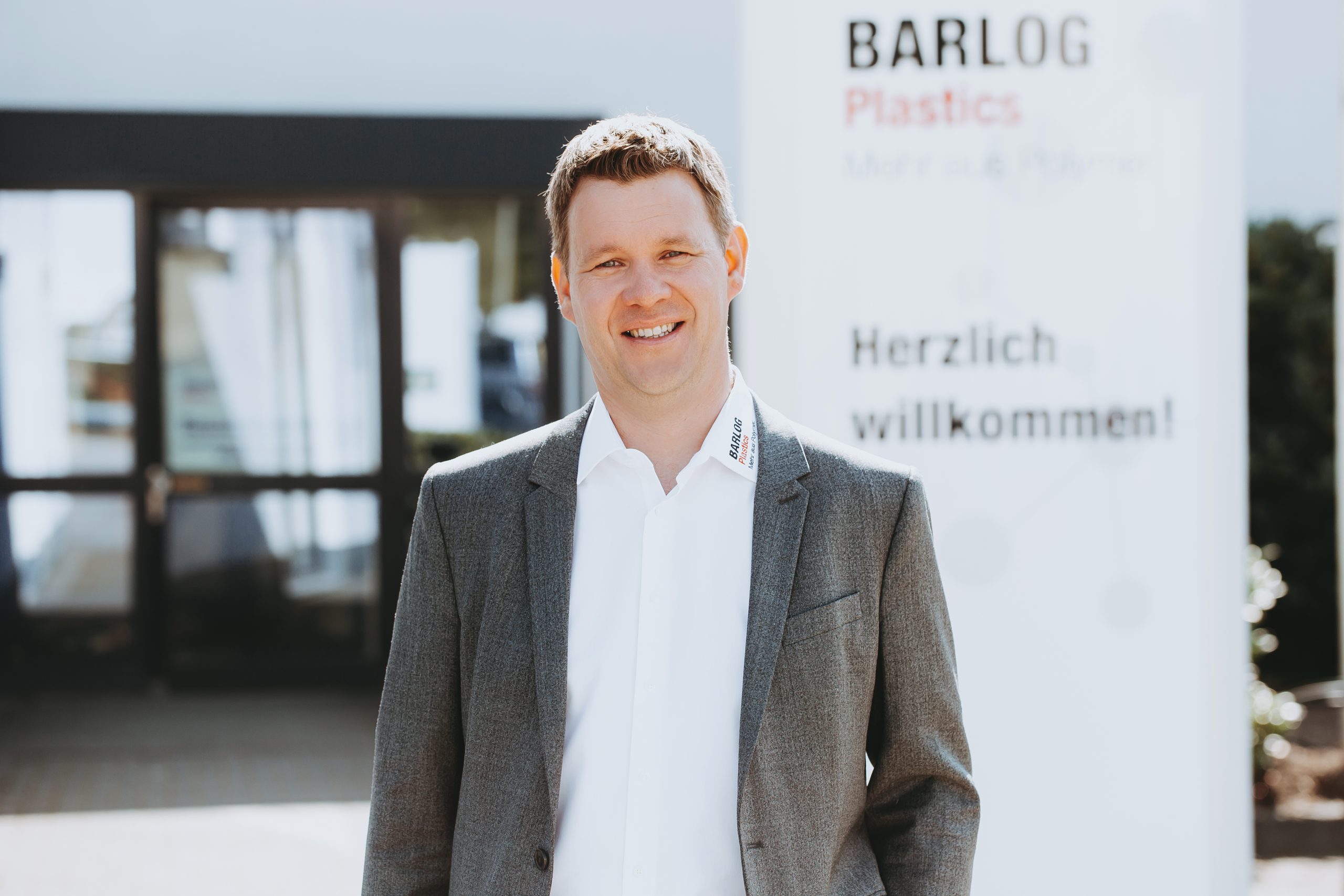
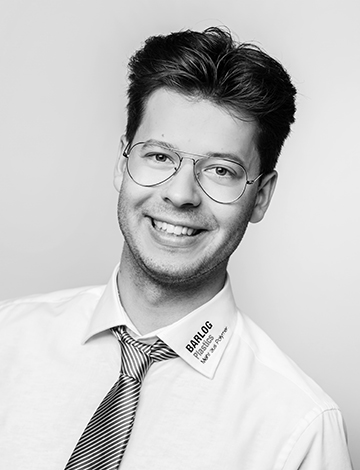
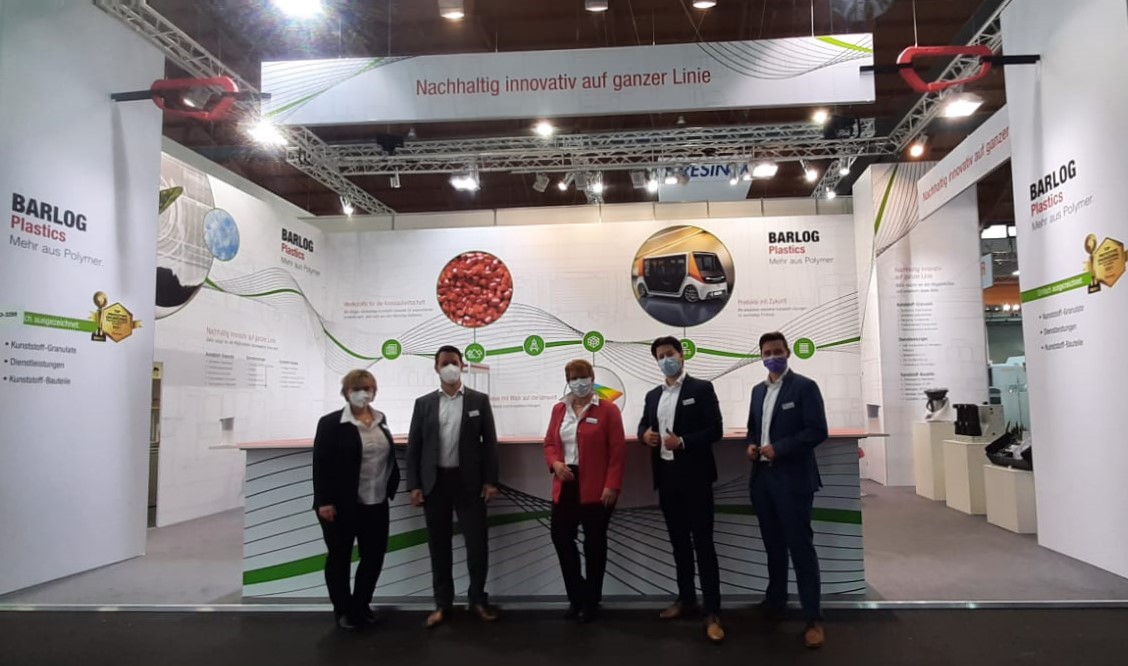

More news


